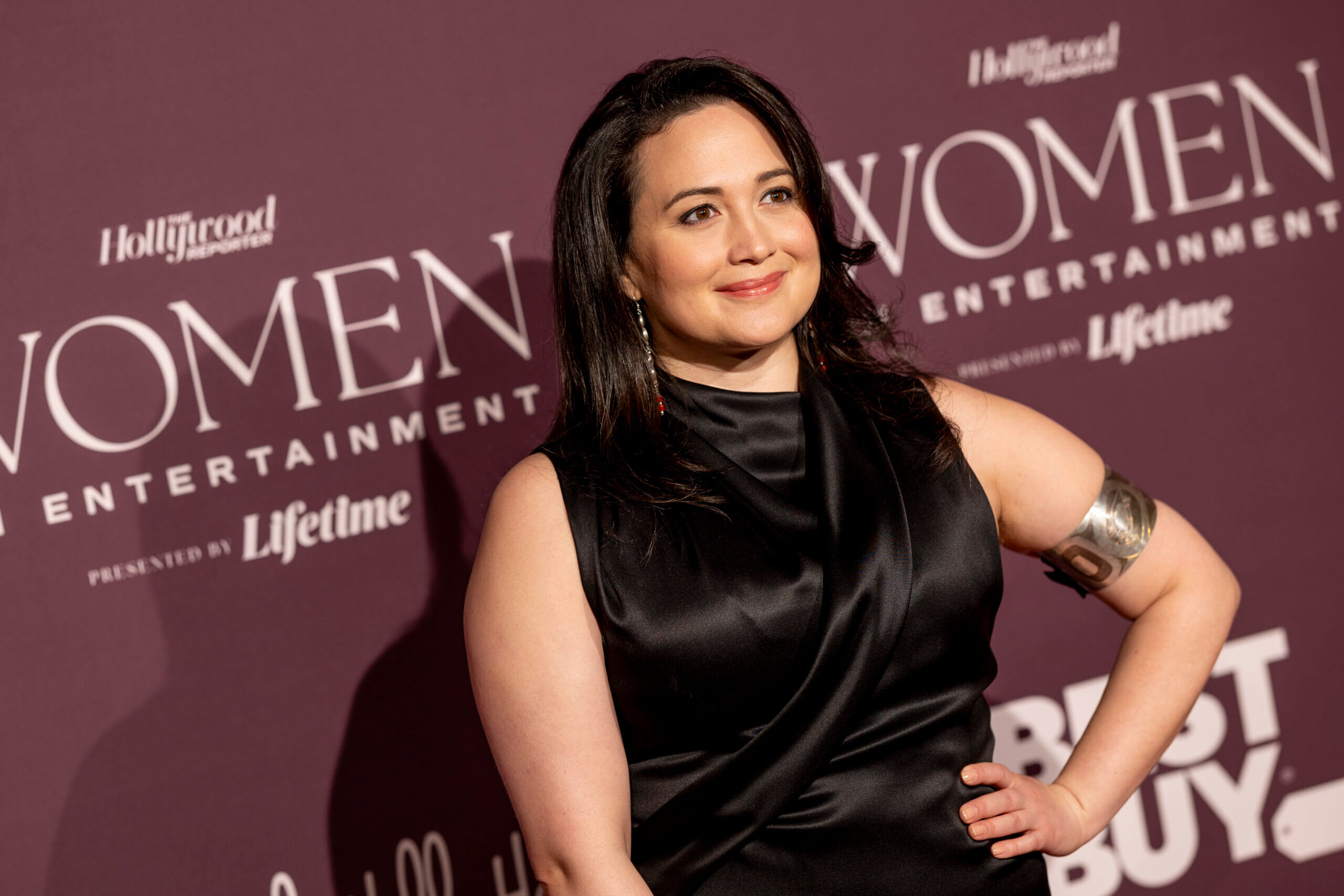With the success of Killers of the Flower Moon, one of the film’s stars Lily Gladstone (she/they) is seeing her platform expand tremendously. And they’re using it to talk about decolonizing gender.
In an interview with People, Gladstone gave her two cents on why she uses “she/they” pronouns. For them, it’s about resisting colonial structures.
“My pronoun use is partly a way of decolonizing gender for myself,” Gladstone said.
Related“I have always known that acting is my activism.”It’s the age of Janelle Monáe and the nonbinary singer is getting all of their flowers this awards season.
Culture, unfiltered
Twice a week, our newsletter will bring you the pulse of queer culture, from the tastemakers to the groundbreakers.
Gladstone’s line of thinking started at a young age. They described how, growing up, that they thought everyone should use “they” pronouns.
“I remember being 9 years old and just being a little disheartened, seeing how often a lot of my boy cousins were misgendered because they wore their hair long,” Gladstone said. “It happens to a lot of kids, I think, especially Native boys leaving a community where long hair is celebrated [and then] just kind of getting teased for it. So I remember back then being like, everybody should just be they.”
The queer actor, who grew up on a Blackfeet reservation in Montana and has Blackfeet and Nimiipuu heritage, explained how many Native languages lack gendered pronouns.
“And in most Native languages, most Indigenous languages, Blackfeet included, there are no gendered pronouns. There is no he/she, there’s only they,” Gladstone said. “So Blackfeet, we don’t have gendered pronouns, but our gender is implied in our name. But even that’s not binary.”
Gladstone’s grandfather’s Blackfeet name, for example, meant “Iron Woman.” The 37-year-old further elaborated how names within her community went beyond the binary and gender roles.
“He had a name that had a woman’s name in it. I’d never met my grandfather. I wouldn’t say that he was nonbinary in gender, but he was given a woman’s name because he kind of carried himself, I guess, the way that women who have that name do,” Gladstone added. “And there were lots of women historically and still now who are given men’s names. They fulfill more of a man’s role in society as far as being provider, warrior, those sort of things.”
Gladstone stated that their use of “she/they” pronouns means “embracing that when I’m in a group of ladies, I know that I’m a little bit different.” However, when she’s in a group of men, she doesn’t “feel like a man” nor masculine, but rather “more feminine.”
These group dynamics will come up a lot for Gladstone as they traverse through awards season. She’s already nominated for a Golden Globe and is expected to be nominated for an Academy Award too, both of which gender their categories.
“I think it’s really cool that we’re seeing ‘performer’ and we’re seeing everybody brought in together. I do feel that historically having gendered categories has helped from keeping women actors from a lot of erasure because I think historically people just tend to honor male performances more,” Gladstone said. “I know a lot of actresses who are very proud of the word ‘actress’ or are very proud of being an actress. I don’t know, maybe it’s just an overly semantic thing where I’m like, if there’s not a ‘director-ess,’ then there shouldn’t be actresses. There’s no ‘producer-ess,’ there’s no ‘cinematographer-ess.’ ”














